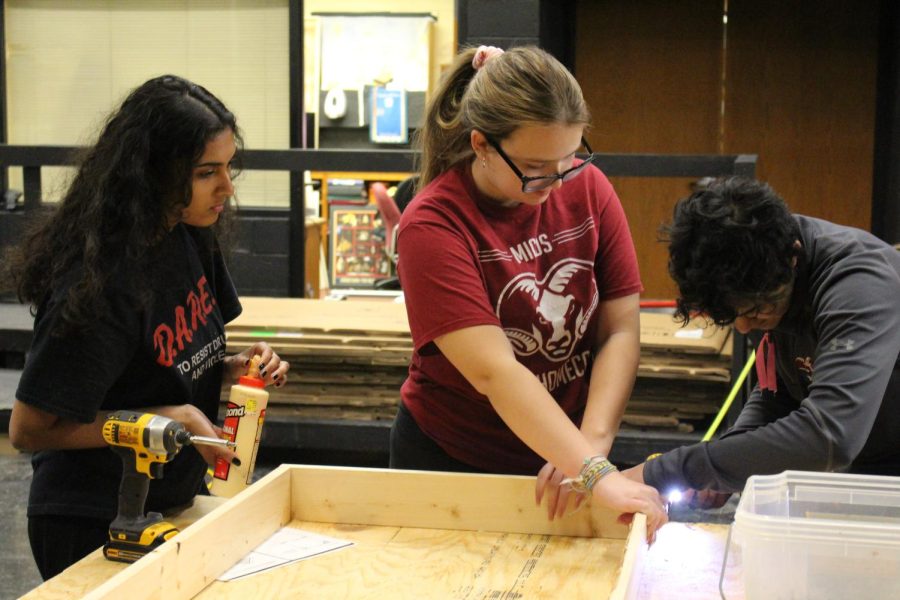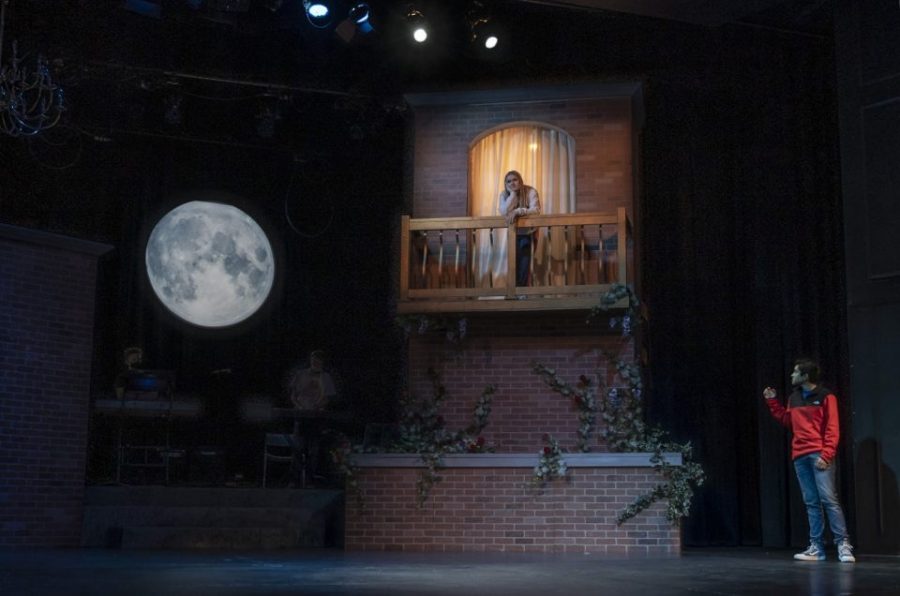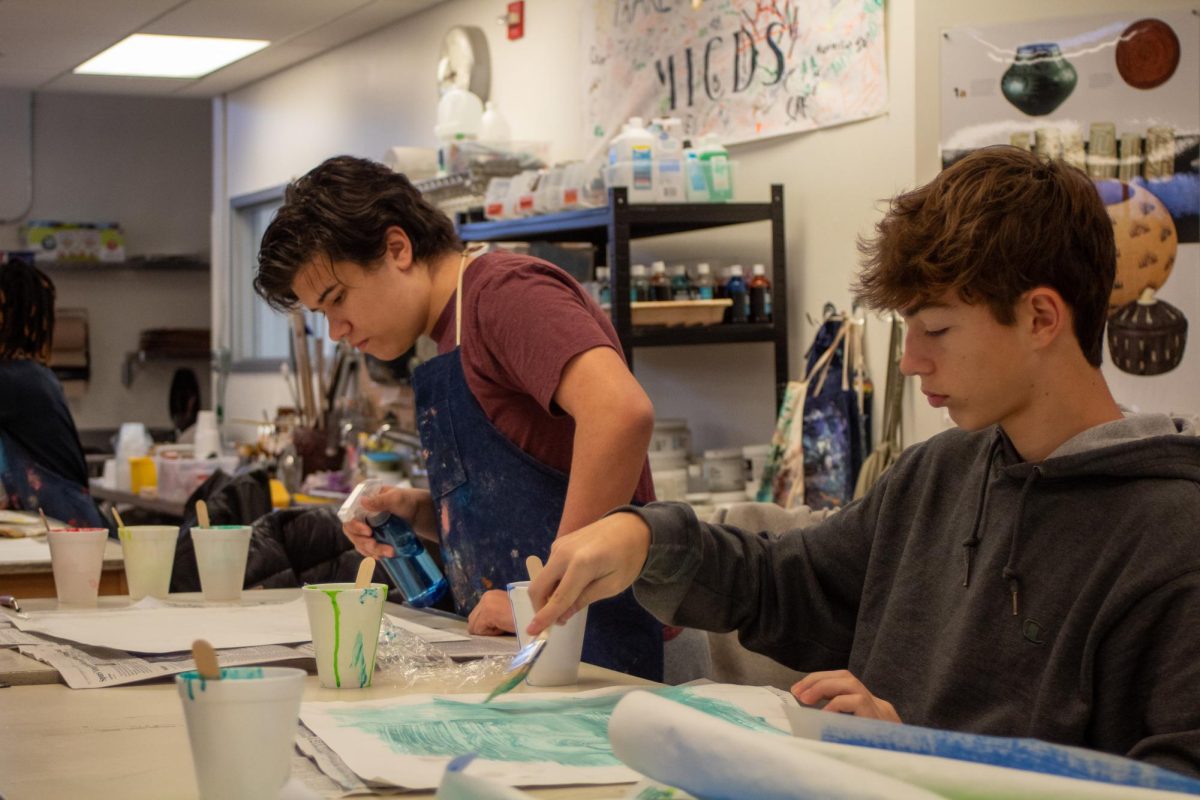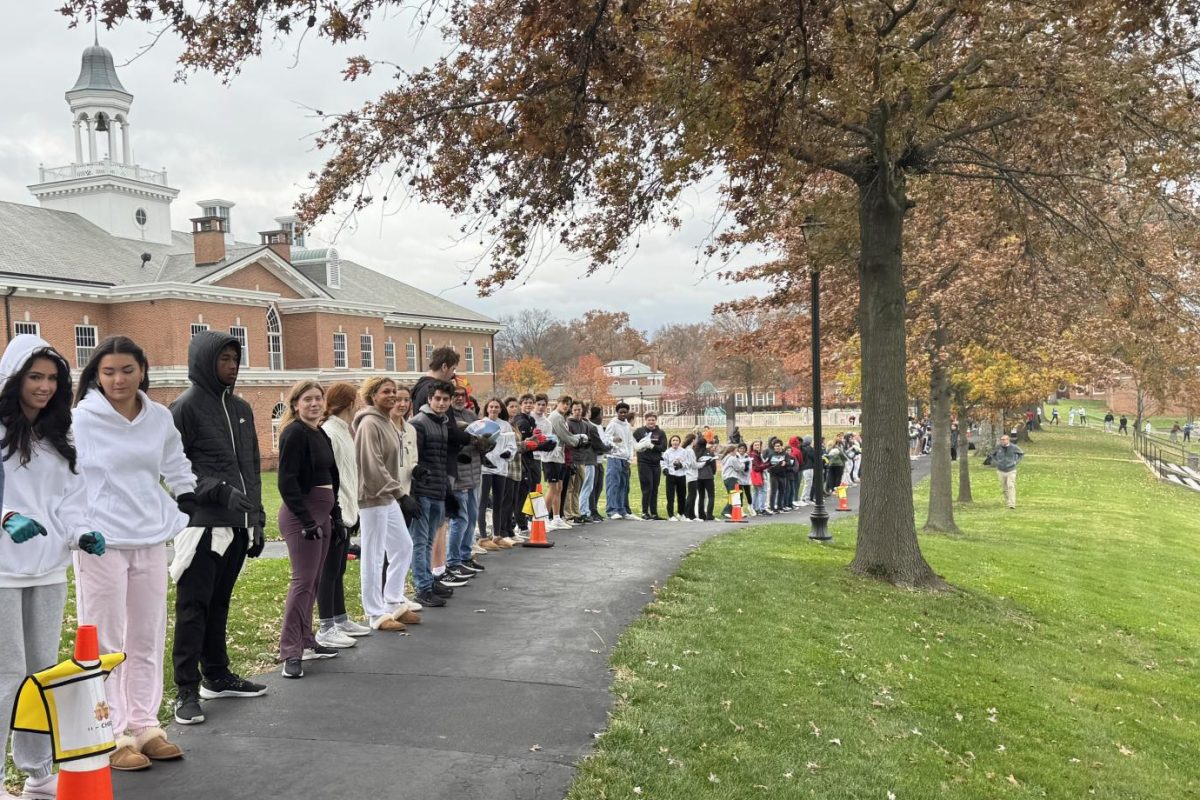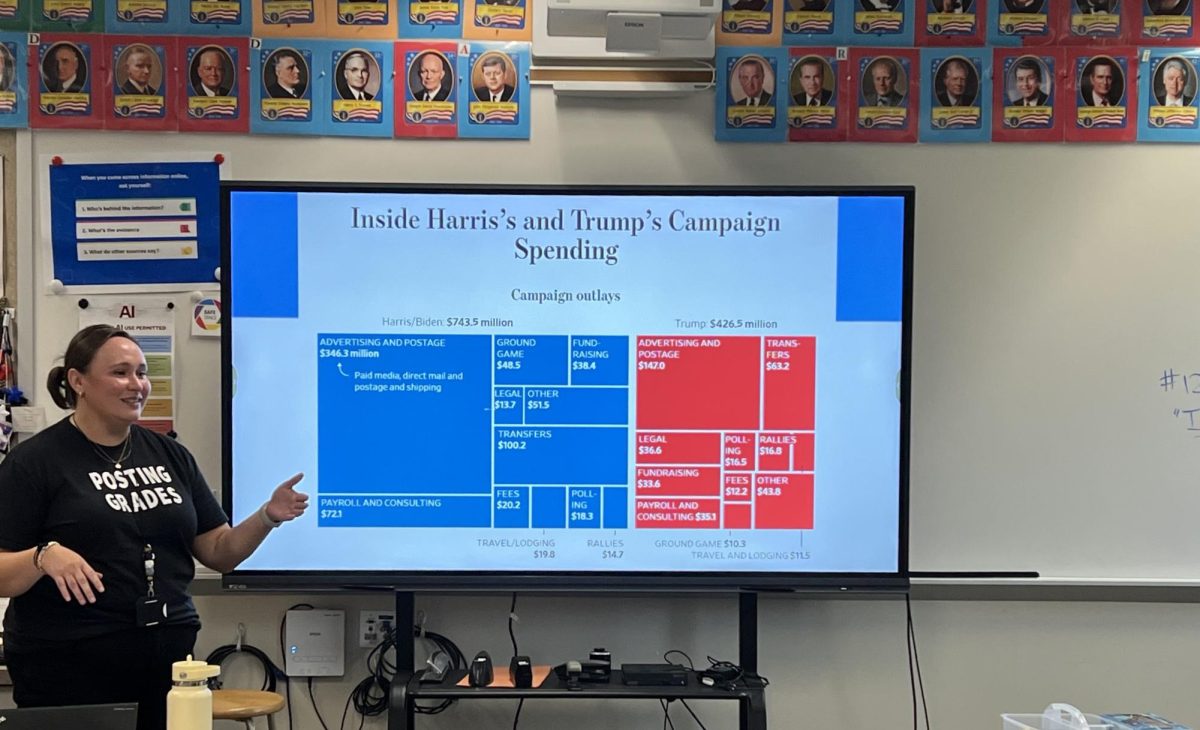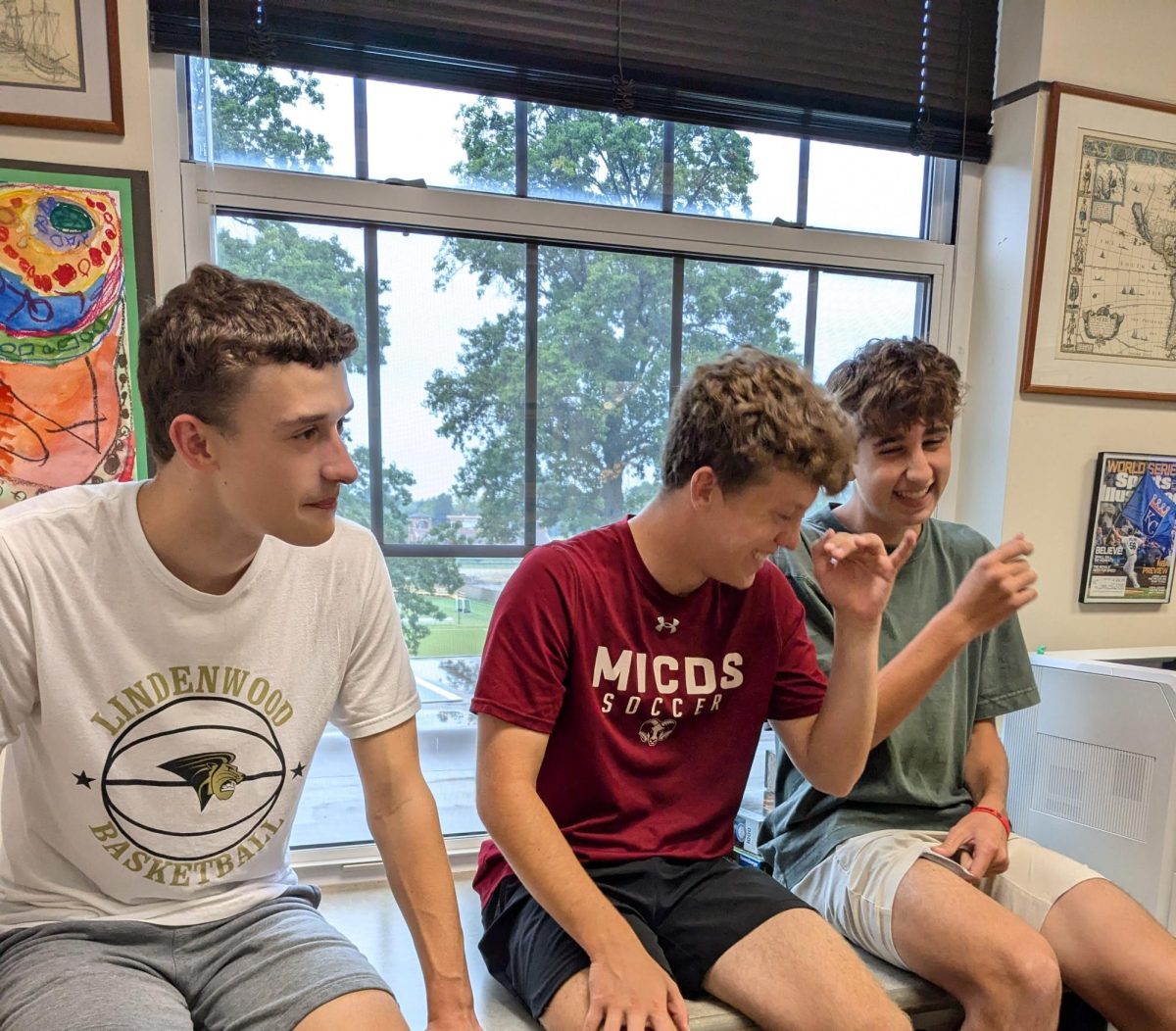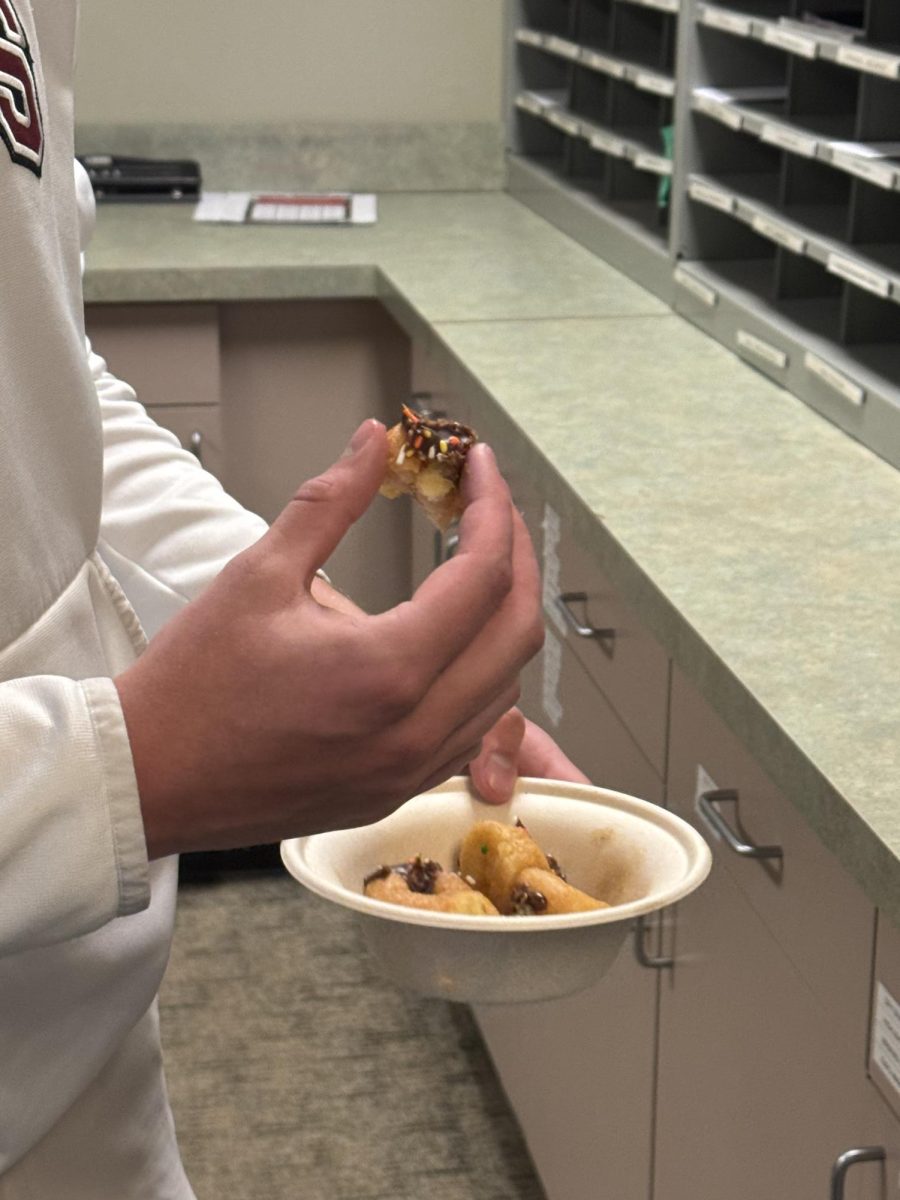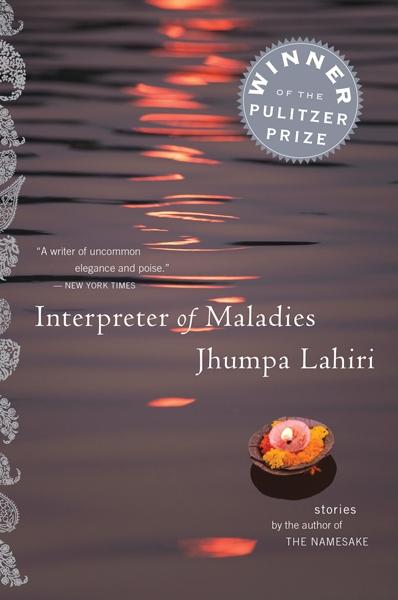The One-China Question Surfaces in the MICDS International Expo
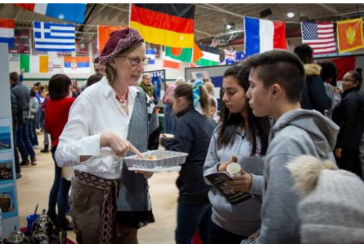
May 23, 2022
Division and debate within the MICDS student body have arisen surrounding the 2022 International Expo’s addition of a Taiwan booth separate from the Chinese booth.
Occurring earlier this spring on April 8th, the International Expo has historically served as a platform for the diverse MICDS student body to share their cultures. Each country represented gets its own unique booth to showcase its culture and traditions.
This year, several students have expressed concern about the choice to include a Taiwan booth, citing the controversial nature of the addition. Defenders of the move claim that it is an apolitical action.
Senior Jack Xie, a student against the addition, commented that “Taiwan has been part of China since the Three Kingdoms Period,” and that it is “offensive and controversial” that the booth was allowed to be included in the expo.
Xie went on to say that a solution would be to allow a Taiwan-China unity booth, showcasing both countries side by side, highlighting the similarities and differences in their respective cultures. The support for a division of the two booths, Jack claims, speaks to a larger issue of “Sinophobia and anti-Chinese sentiment” within American culture. Jackson Chou, an MICDS junior, states that the inclusion of a separate Taiwan booth is “a great opportunity to express the nuances of Taiwanese culture,” and stated that it was not a political statement, but rather a “celebration of the culture.”
Jackson said he is interested in speaking more with members of the community against the booth in order to quell some of the tensions.
The Taiwanese booth in question showcases everything from Taiwan’s unique biking culture to some of its delicacies. The booth seemingly has no political statements surrounding the Taiwan-Chinese
conflict. Next year’s 2023 International Expo leadership will be tasked with quelling some of these tensions in the student body.
From Jack’s perspective, their reluctance to address the concerns of the Chinese community has been an offense to Chinese history and culture.
But maybe, as Jackson claims, this whole controversy is “really not that deep.”







